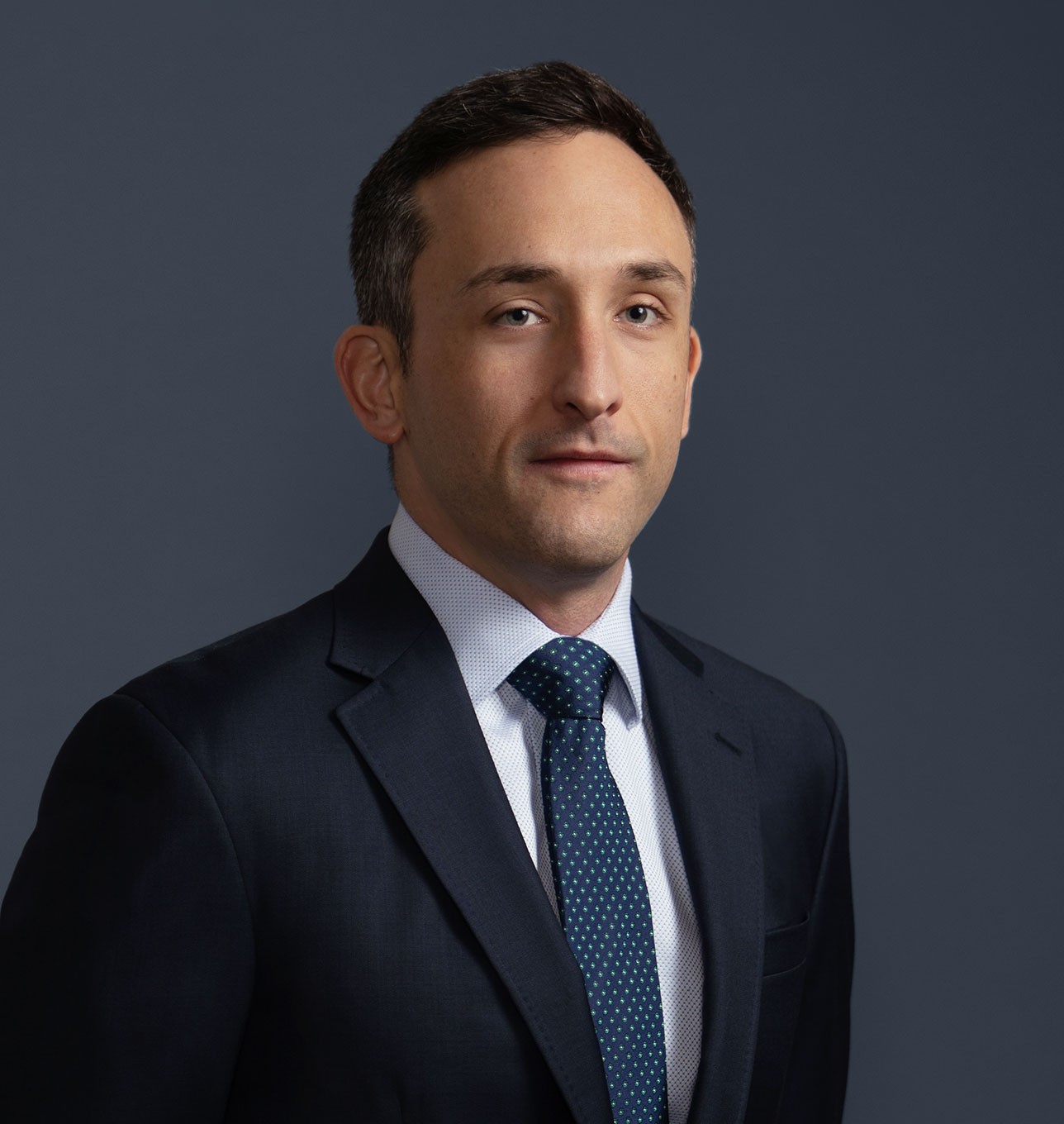Ultra Petroleum Seeks US Supreme Court Review of Fifth Circuit’s Make-Whole and Contractual Default Rate Ruling
On February 13, 2023, Ultra Petroleum Corporation (“Ultra”) filed a petition for a writ of certiorari with the US Supreme Court seeking review of the Fifth Circuit’s October 2022 ruling that, in solvent-debtor cases, debtors must pay unsecured creditors applicable contractual make-whole premiums and postpetition interest at contractual default rates in order for such unsecured creditors to be considered unimpaired. The cert petition requests the Supreme Court to resolve what Ultra says is an “exceptionally important” question of bankruptcy law and statutory interpretation, namely, whether “an unwritten ‘solvent-debtor exception’ overrides the Bankruptcy Code’s statutory text and allows creditors in solvent-debtor cases to recover amounts that the Code disallows.”
By way of background,[1] in the Fifth Circuit decision that Ultra seeks to challenge, the court held that, while make-whole premiums constitute unmatured interest expressly disallowed under 11 U.S.C. § 502(b)(2), the “solvent-debtor exception” operates to suspend section 502(b)(2)’s disallowance of such premiums. According to the Fifth Circuit, under the “solvent-debtor exception,” “when a debtor is able to pay its valid contractual rights, traditional doctrine says it should—bankruptcy rules notwithstanding.” For similar reasons, the Fifth Circuit also held that Ultra’s unsecured creditors were entitled to post-petition interest at contractual default rates rather than the federal judgment rate.
In its certiorari petition, Ultra argues the Fifth Circuit’s ruling is “exceptionally wrong,” as it deviates from bedrock principles of statutory construction by elevating “judicial gloss” on superseded statutes (i.e., the “solvent-debtor exception”) over the clear text of the Bankruptcy Code (i.e., 11 U.S.C. § 502(b)(2)). Specifically, Ultra takes issue with the Fifth Circuit’s pivot from expressly acknowledging section 502(b)(2)’s disallowance of claims for unmatured interest to favoring the unwritten “solvent-debtor exception” just because section 502(b)(2) does not specifically address the solvent-debtor scenario and, thus, does “not override pre-Code ‘traditional bankruptcy practice’ allowing creditors in solvent-debtor cases to recover unmatured interest. The Fifth Circuit’s reasoning, according to Ultra, cannot be squared with basic principles of statutory interpretation, including the fundamental rule that, as stated by the Supreme Court, statutory interpretation begins with statutory text and when that text is unambiguous, ends there as well. To wit, Ultra emphasizes its view that the Fifth Circuit did not even attempt to identify any actual ambiguity in the text of section 502(b)(2) that prior practice could clarify. In favoring the “solvent-debtor exception” over the plain text of 11 U.S.C. § 502(b)(2) then, Ultra argues that the Fifth Circuit plainly erred by “allowing history to trump statutory text.”
In further support, Ultra points to the “vigorous dissent” to the Fifth Circuit’s decision in which Judge Oldham explained that the Bankruptcy Code’s plain text makes unmistakably clear that section 502(b)(2) disallows all claims for unmatured interest and, thus, is incompatible with the pre-existing “solvent debtor exception.” Given the grave difference between section 502(b)(2) and the “solvent-debtor exception”—coupled with the fact that the Bankruptcy Code’s plain text offers no alternative interpretation—only one result is possible, according to the dissent—“The [Bankruptcy] Code overrides the solvent-debtor exception.”
With respect to the payment of post-petition interest, Ultra takes issue with the Fifth Circuit’s invocation of the “solvent-debtor exception” from pre-Bankruptcy Code practice to hold that unsecured creditors are entitled to post-petition interest at their contractual default rates rather than the federal judgment rate. According to Ultra, the proper analysis again begins with section 502(b)(2), which explicitly disallows any “claim…for unmatured interest.” Because post-petition interest is, by definition, unmatured on the petition date, the Bankruptcy Code squarely prohibits any claim for post-petition interest at the contractual default rate. Ultra then points to section 1129(a)(7)(A)(ii), which entitles impaired Chapter 11 creditors in solvent-debtor cases to post-petition interest at the federal judgment rate on their allowed claims. No Bankruptcy Code provision similarly provides any basis by which unimpaired creditors in solvent-debtor cases may assert entitlement to post-petition interest at more than the federal judgment rate. As such, unimpaired creditors are (at most) entitled to post-petition interest at the federal judgment rate pursuant to section 726(a)(5) of the Bankruptcy Code.
Ultimately, Ultra argues that review would permit the Supreme Court to resolve this “critically important and recurring question of bankruptcy law,” as a split of authority continues to grow in numerous jurisdictions across the country confronting the question of whether the pre-Bankruptcy Code “solvent-debtor exception” overrides the Bankruptcy Code’s plain-text disallowance of claims for unmatured interest. See, e.g., In re PG&E Corp., 46 F.4th 1047 (9th Cir. 2022); In re LATAM Airlines Grp., 2022 WL 2206829 (Bankr. S.D.N.Y. June 18, 2022); In re RGN-Grp. Holdings, LLC, 2022 WL 494154 (Bankr. D. Del. Feb. 17, 2022); In re Hertz Corp., 637 B.R. 781 (Bankr. D. Del. 2021).
For creditors and bankruptcy practitioners alike, that question implicates far more than academic interest. As this case demonstrates, the Supreme Court’s potential review will determine the distribution of hundreds of millions of dollars.
Mayer Brown will continue to monitor the situation…
[1] Mayer Brown has been analyzing and writing on the various Ultra decisions for several years. Further background can be viewed by accessing the following Mayer Brown articles: Prepayment Premium/Make-Whole Enforceability in Bankruptcy: The Details Matter (Dec. 13, 2019); US Bankruptcy Code Defines Right to Receive “Make-Whole” Premium under Chapter 11 Plan (Dec. 13, 2019); 5th Circ. Ultra Petroleum Ruling Poses Key Debtor Question (Jan. 10, 2020); In re Ultra Petroleum Corp., the Next Chapter: Bankruptcy Court Holds Make-Whole Premiums Allowed, Solvent Debtors Must Pay Interest at Contractual Default Rate (Nov. 19, 2020); and New Bankruptcy Rulings May Give Solvent Debtors Leverage (Oct. 25, 2022).



